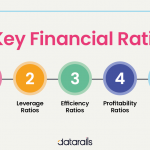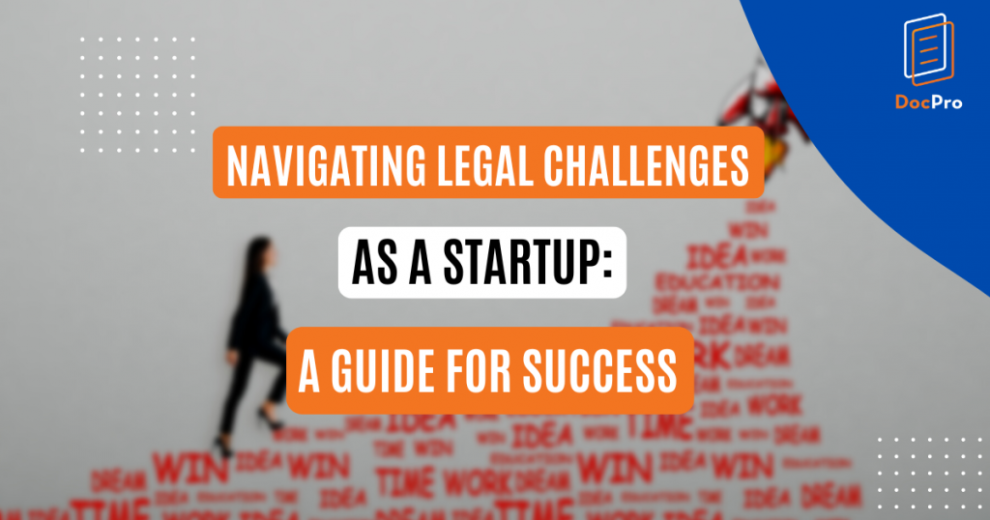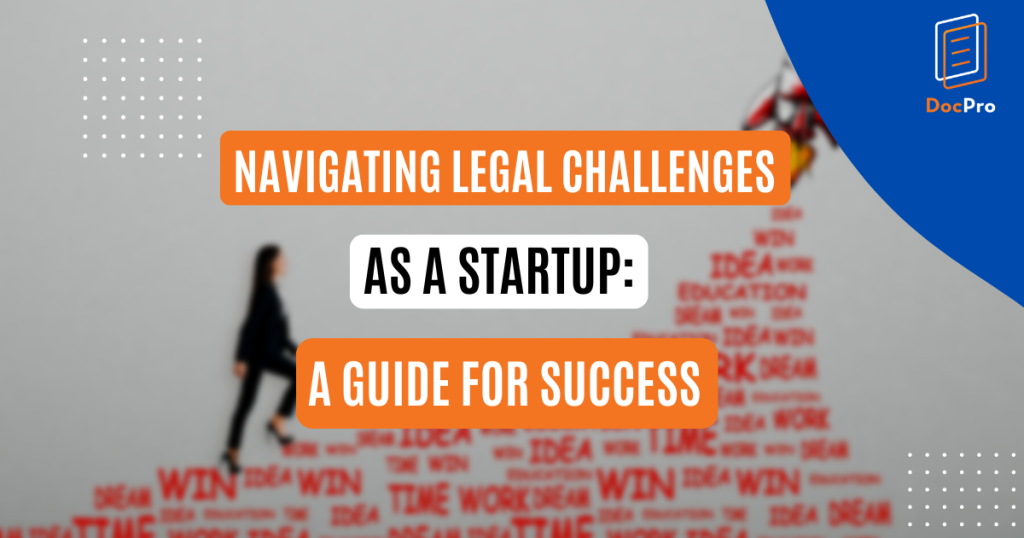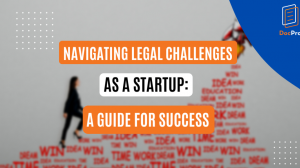Legendary investor Warren Buffett once said, “Risk comes from not knowing what you’re doing.” When it comes to startups, understanding and navigating the legal landscape is critical to avoid risk and ensure the smooth operation of your business. This guide will provide an overview of the key legal issues that startups should consider.
Choosing the Right Business Structure
The first legal decision that every startup faces is choosing the appropriate business structure. This decision affects everything from your liability, to your tax obligations, to the way you raise capital.
There are several types of business structures including Sole Proprietorship, Partnership, Limited Liability Company (LLC), and Corporation (S or C Corp). Each has its own advantages and drawbacks, and the right choice depends on your business needs.
For example, Facebook started as a Limited Liability Company for its simplicity and flexibility, but later converted to a C Corporation to attract venture capital and prepare for an initial public offering (IPO).
Intellectual Property Protection
Protecting your intellectual property (IP) is crucial to secure your startup’s assets and maintain a competitive edge. Intellectual property includes patents, copyrights, trademarks, and trade secrets.
Patents protect inventions and improvements, copyrights protect original works of authorship, trademarks protect brand names and logos, and trade secrets protect confidential business information. Each type of IP requires a different strategy for protection.
For instance, Google’s key asset is its proprietary search algorithm, which is protected as a trade secret because disclosing the details in a patent would expose the company’s competitive advantage to rivals.
Employment Laws and Regulations
Complying with employment laws and regulations is critical when you start hiring employees or engaging contractors. Misclassifying an employee as an independent contractor, for example, could result in substantial fines and penalties.
In addition, it’s important to understand the laws governing wages and hours, workplace safety, and discrimination. Implementing sound HR policies and providing employee training can help mitigate the risk of legal disputes.
Uber, for example, faced numerous legal challenges regarding the classification of their drivers as independent contractors, resulting in costly litigation and settlements.
Data Privacy and Security
In the digital age, data privacy and security have become major legal issues for businesses. Startups that collect, store, or process personal data must comply with various laws and regulations to protect consumer privacy.
This includes implementing adequate security measures, providing transparent privacy policies, and obtaining necessary consents for data collection and use. Failure to comply with these laws can result in hefty fines and damage to your reputation.
Consider the case of Facebook, which faced significant backlash and a record $5 billion fine due to privacy concerns stemming from the Cambridge Analytica scandal.
Fundraising Regulations
Raising capital for your startup involves navigating a complex set of securities laws. When issuing shares or other securities, startups must comply with federal securities laws and any applicable state laws.
These regulations require certain disclosures and filings, and non-compliance can lead to severe penalties. Therefore, it’s crucial to consult with legal counsel when planning your fundraising strategy.
For example, Kickstarter, a popular crowdfunding platform, requires projects to comply with all relevant laws and regulations, including securities laws when offering equity to backers.
Conclusion
Navigating the legal landscape is a challenging but necessary part of running a startup. By understanding these key legal issues and seeking appropriate legal counsel, you can focus on building your business with the confidence that you are on the right side of the law. As former Supreme Court Justice Potter Stewart once said, “Ethics is knowing the difference between what you have a right to do and what is right to do.” Ensuring that your startup operates within the boundaries of the law is not only a right, it’s the right thing to do.
















